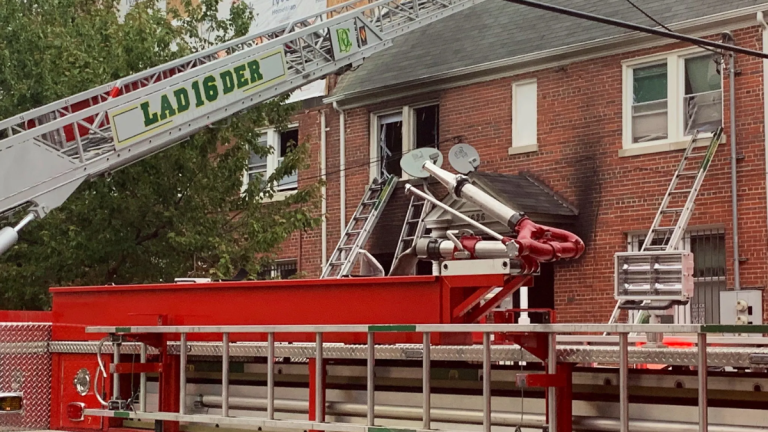The Legal Consequences of Refusing a Breathalyzer Test in Georgia
When you find yourself driving in Georgia and you’re faced with a DUI stop, it’s crucial to carefully consider whether or not to refuse a breathalyzer test. Georgia’s Implied Consent Laws state that drivers have implicitly agreed to undergo blood, breath, or urine tests if they are pulled over on suspicion of DUI. But what are the consequences if you choose to decline?
Implied Consent and Its Ramifications:
Georgia law clearly states that when you drive on its roads, you have given your implied consent to undergo certain tests. If you refuse to take a breath, blood, or urine test when requested by law enforcement officers, there are mandatory penalties. One of the immediate consequences is the confiscation of your license, and you will be issued a 30-day permit.
The Supreme Court and the Right to Refuse:
Although there is an implied consent, the Georgia Supreme Court has determined that refusing a breath test cannot be used as evidence of guilt in court. This ruling is based on the protection against self-incrimination. However, it’s important to note that refusing the test does not mean that the police will release you. In most cases, you will still be arrested for DUI and may be asked to take a test at the police station.
The Practical Consequences of Refusing a DUI Test:
Refusing a breathalyzer, blood, or urine test can have significant consequences. It is important to be aware of the potential outcomes. One of the immediate consequences of refusal is the automatic suspension of your driver’s license. It is worth noting that even if you refuse a breathalyzer, there is a possibility that you may still be required to take a blood test. This is especially true if the police have reasonable suspicion that you were driving under the influence.
If drivers refuse, they must act quickly to protect their driving privileges. They are given a ten-day period to request an Administrative License Suspension (ALS) Hearing with the Department of Driver Services, which allows them to contest the suspension. It’s crucial to take this step promptly, as failing to do so can result in a license suspension starting on the 31st day after the arrest.
Navigating the Aftermath:
Refusing a breathalyzer in Georgia can lead to a complex and burdensome aftermath. It requires navigating the legal system, understanding your rights, and potentially facing penalties. It is crucial to approach this decision with careful consideration and seek legal advice to make an informed choice.
Conclusion:
Refusing a breathalyzer test in Georgia carries serious consequences and can have a significant impact on your legal situation. Although you do have the right to refuse the test, doing so can result in severe penalties and repercussions that can greatly affect your driving privileges and overall standing with the law. It is imperative for all drivers in the state of Georgia to have a clear understanding of the laws surrounding breathalyzer tests and the potential ramifications that may follow a refusal.
More News:
- What Tenants Should Know About Georgia Rent Increase Laws
- Marjorie Taylor-Greene Needs Mass Government Layoffs: “There Are Plenty of Jobs” in the Private Sector







